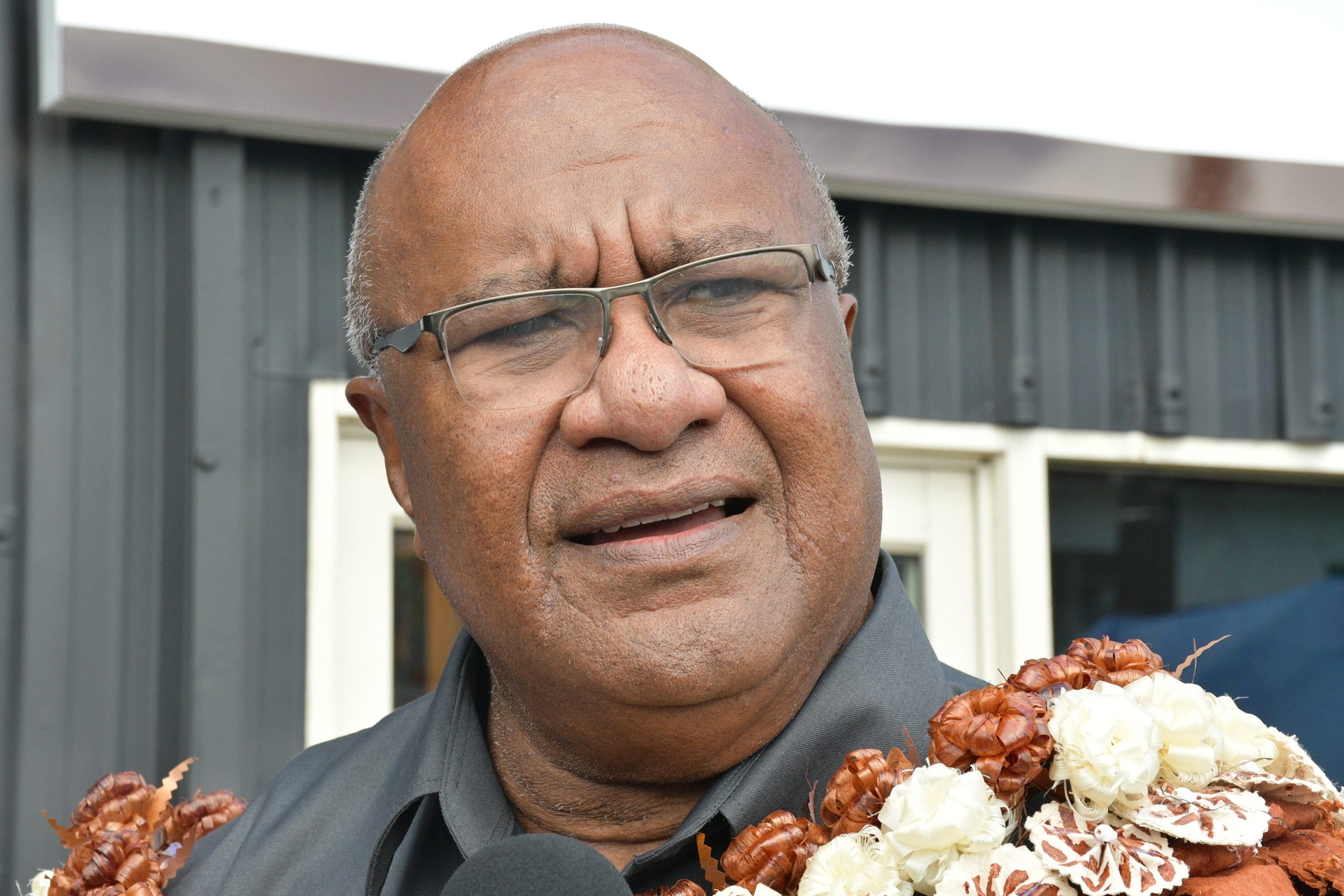GOVERNMENT has weighed in on the ongoing debate over how kava, a traditional cultural totem for most Pacific cultures, need to be protected from what is perceived to be a strong pressure for commercialization bordering on cultural appropriation in the American market, where it has found a lucrative niche in the growing number of kava bars catering to an estimated 21 million American kava drinkers.
“Kava has deep-rooted traditional origins. But I think as long as whatever we do with kava, it respects those origins, I think we’ll be ok,” Deputy Prime Minister Manoa Kamikamica told journalists at the opening of Lami Kava’s Vale Kava kava bar in Lami last week.
“There are some who say that we should serve it like they serve it in the villages, but that can’t work in the American market.
“So you also need to be realistic as well, so it’s something that all governments need to work through and work out what we’re comfortable with.
“I’m sure a lot of Pacific countries will find their own sweet spot in terms of how to market kava but that said, it is undoubtedly a billion dollar opportunity for the Pacific.”
Advocates of the cultural sanctity of kava such as Fijian Dr Apo Apolosa, senior lecturer in Pacific Health at the University of Waikato’s Te Huataki Wairoa’s School of Health, who has studied kava extensively and whose PhD thesis examined productivity concerns linked to kava, have been vocal in their concerns over increasing interest in kava by American business.
“Our Pacific leaders need to take note of what is really going on here.
“Recent history is littered with tales of indigenous resource owners being promised riches by flaky philanthropy-speaking ‘culture industrialists’,” Dr Apolosa told this newspaper.
“All that happens is the filling of their bank accounts, with the resource owners left high and dry and minimal financial gain.
“This appears to be unfolding before our eyes, right now, with big promises being made by businessman about the benefits Pacific kava farmers will reap.
“They also speak and write about respecting kava, mention kava’s cultural significance, but this is simply to create an ‘exotic other’ image to sell product.
“Let’s get real here, if those in the ‘culture industry’ really respected the Pacific and our Pacific kava growing families, they wouldn’t be taking away one of our limited sources of income, our cultural keystone species, and growing it in their non-Pacific nation.
“Nor would they be speaking about unnecessarily flavouring kava using disingenuous ‘value added’ speak, with this simply a front (in many cases) for ‘hiding’ addictive and dangerous substances.
“Do we Pacific people just roll over and allow this to happen?”



